JTI is re-launching its underage sales prevention programme with tough new consequences for stores which repeatedly fail to demonstrate responsible retailing practices.
The UK-wide scheme, designed to identify retailers who may be “at risk” of selling tobacco products to under-18s, has been running since 2015.
Retailers found to be at risk (by failing to ID 18 and 19 year-old test purchasers) are provided with free training by former Trading Standards officers.
However, new for this year, any retailers assessed as “at risk” four times in a row will be reported to the relevant law enforcement agencies for further follow up.
The programme will be rolled out to Blackpool, Tameside, Manchester, Kirklees and West Lothian in 2018, followed by Gateshead, Sunderland, Hartlepool, Scarborough, Stoke-on-Trent, Worcester and Oxford in 2019.
The local authority areas selected all have the highest proportion of premises identified as “at risk” of selling tobacco products to under-18s in the previous three years’ work and/or the highest teenage smoking prevalence rates.
The enhanced programme has been developed in partnership with compliance testing company Serve Legal, and training company Under Age Sales.
JTI’s head of corporate affairs Charlie Cunningham-Reid, said: “The aim of the Responsible Tobacco Retailing scheme is to tackle the problem of underage sales by providing training and support for retailers in this area.
“This enhanced programme demonstrates JTI’s continued commitment to playing a full role in youth smoking prevention.”
Serve Legal director Julian Sargeson added: “Failure to invest in staff training, performance and processes around age identification checks puts any retailer at risk of selling tobacco to minors and to the penalties of being caught doing so.”
Anne-Marie Canham, managing director at Under Age Sales said: “The unlawful sale of age restricted sales to minors is a major headache for retailers and poses a huge risk to their livelihoods.
“The assistance provided by this programme has been a welcome support and has helped them to build confidence to tackle this important issue.”
The test purchasing result is carried out by young people aged 18 or 19.
A premises is identified as being “at risk” if a sale takes place without the young person being challenged for ID.
No offence will have been committed by the retailer, as the young person is old enough to purchase tobacco.
However, failing to ask for ID is a breach of best practice and indicates a potential risk.
The Youth Access Prevention Program will later be rolled out to Torbay, Cornwall, Southampton, Brighton, East Sussex and the London Borough of Richmond in 2020.





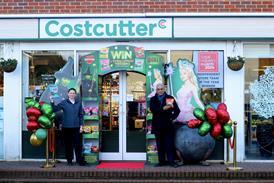


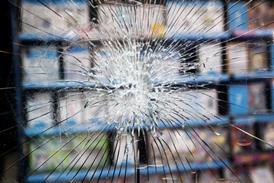






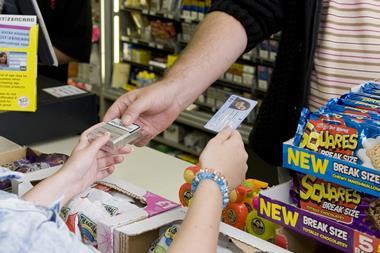
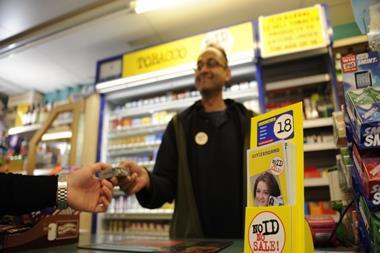


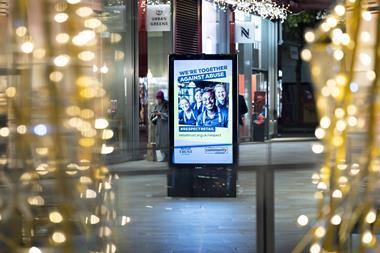

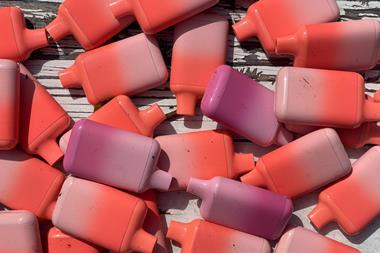
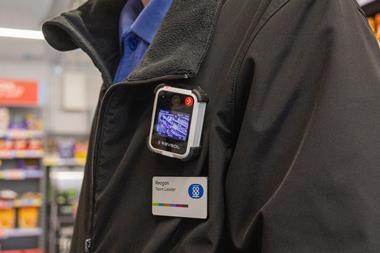
No comments yet